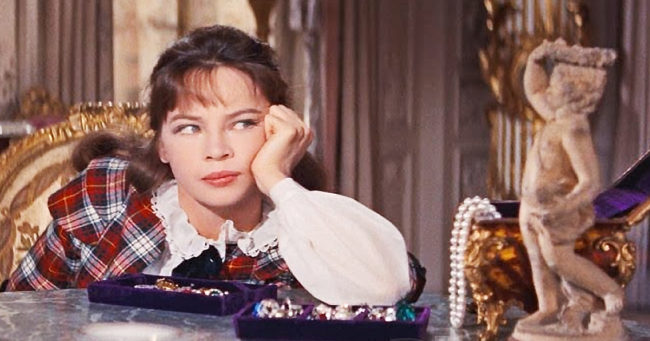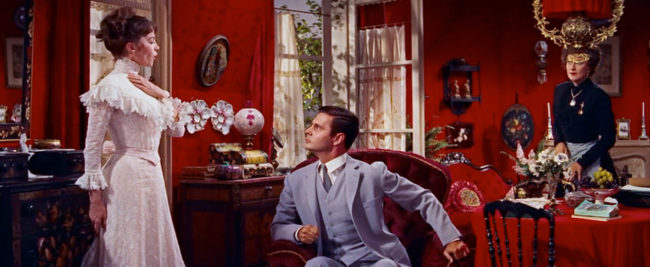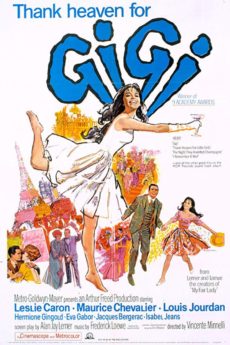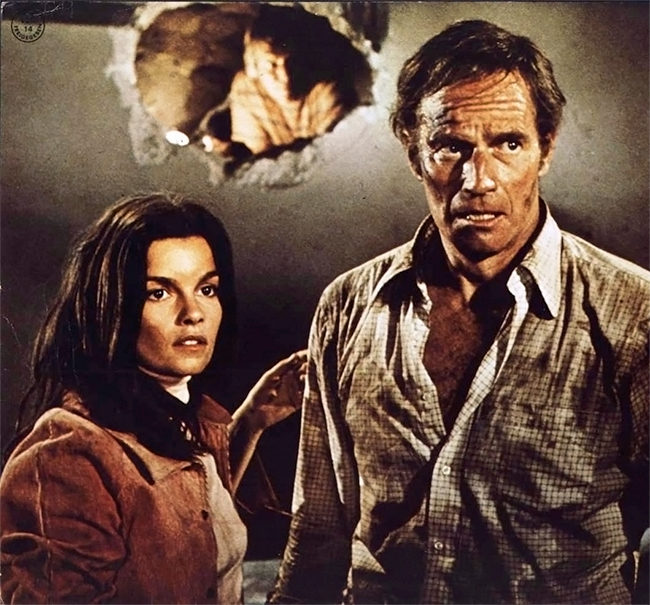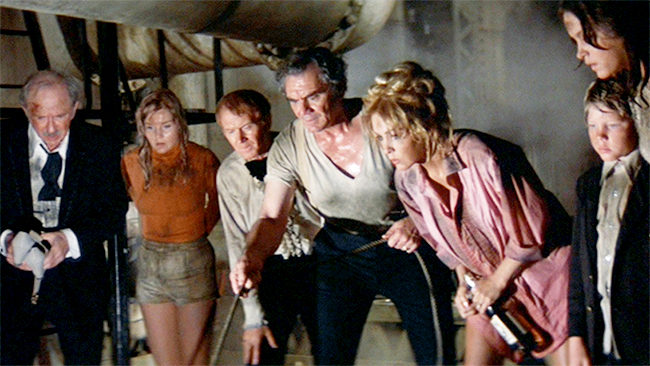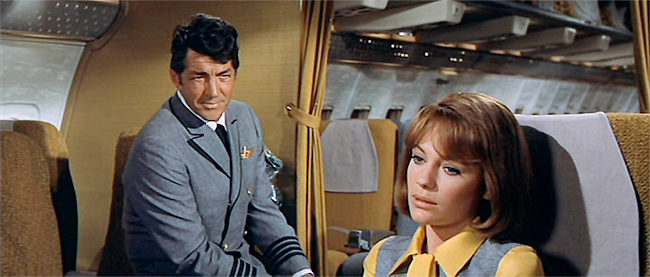
ART IN THE ARTHOUSE happily welcomes back artists DAPHNE HILL and ANNA STUMP, this time to the Royal for a festival of color just in time for the holidays. Swing by our gallery for a look at their newest work. The exhibit runs through February, 2019.
About the exhibit
 Successful collaboration in the world of painting is a rare phenomenon. The duo of HILL and STUMP, known for their breathtaking floral compositions, have nourished a unique and productive partnership. In a kind of creative symbiosis, they appear to “finish each other’s sentences,” layering each piece and editing each other to create something entirely new. Stump comments, “Our process is almost egoless because we can’t, as individual artists, get attached to anything we do. Hill confirms, “We never call a piece finished unless we’re both happy with it.”
Successful collaboration in the world of painting is a rare phenomenon. The duo of HILL and STUMP, known for their breathtaking floral compositions, have nourished a unique and productive partnership. In a kind of creative symbiosis, they appear to “finish each other’s sentences,” layering each piece and editing each other to create something entirely new. Stump comments, “Our process is almost egoless because we can’t, as individual artists, get attached to anything we do. Hill confirms, “We never call a piece finished unless we’re both happy with it.”
Each application of paint is separated from the next by a layer of clear resin, lending depth and brilliance to the compositions. Their work includes nods to Rococo foliage, gilt decoration, Japanese motifs, and Impressionism. Artists such as JAKUCHU, FRAGONARD and SARGENT, as well as the light and spectacle of the Southern California landscape serve as inspiration.
 In this exhibit, curated for Art in the Arthouse by Tish Laemmle, the magic of the flower is utilized as a vehicle for light and form to express itself. Nothing is overlooked. Whether realized or abstracted, each individual mum, magnolia, or cactus blossom is rendered until it glows. The artists work together in their studio in San Diego and also maintain a space in the El Sereno neighborhood of Los Angeles. Hill has recently become bicoastal, returning to her childhood home of Tennessee while Stump has become involved in the blooming High Desert community. Both teach art in college and at a men’s maximum security prison.
In this exhibit, curated for Art in the Arthouse by Tish Laemmle, the magic of the flower is utilized as a vehicle for light and form to express itself. Nothing is overlooked. Whether realized or abstracted, each individual mum, magnolia, or cactus blossom is rendered until it glows. The artists work together in their studio in San Diego and also maintain a space in the El Sereno neighborhood of Los Angeles. Hill has recently become bicoastal, returning to her childhood home of Tennessee while Stump has become involved in the blooming High Desert community. Both teach art in college and at a men’s maximum security prison.
– Tish Laemmle, curator


